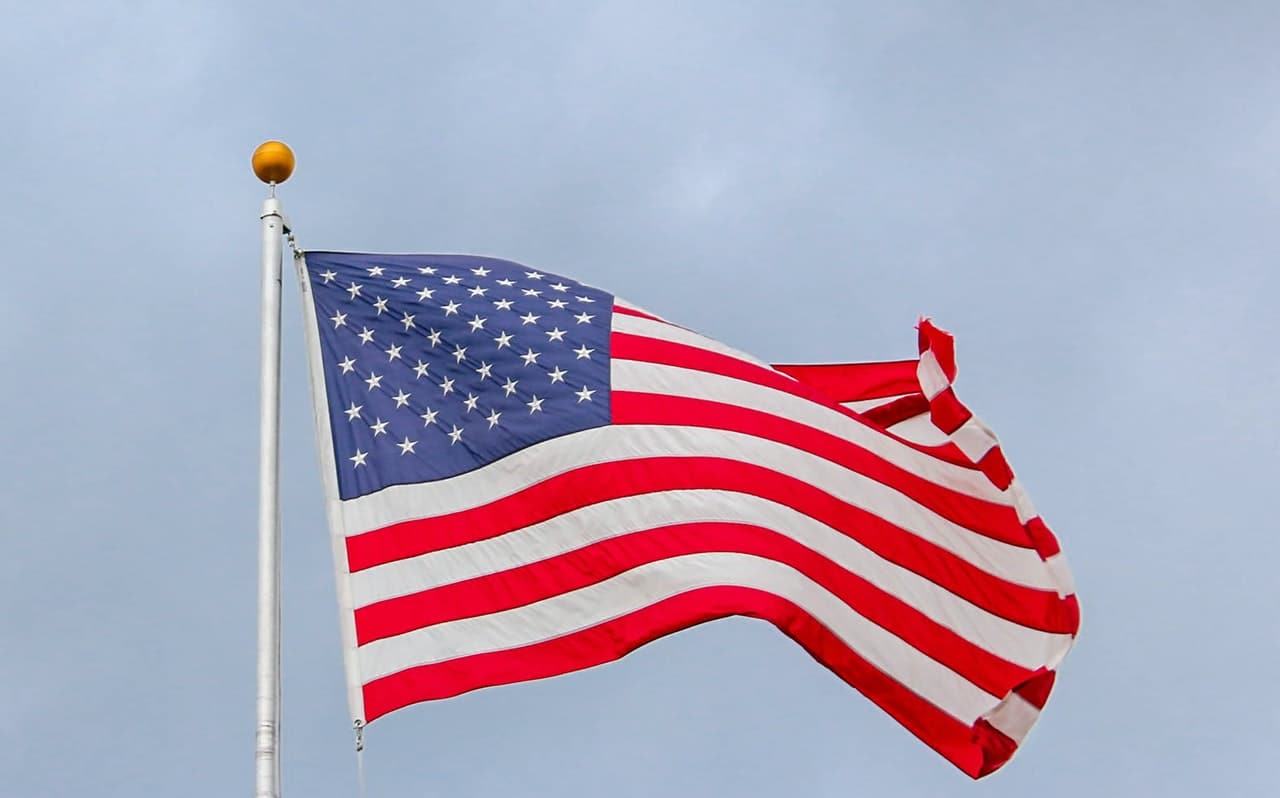“When you fire up the grill this July 4 or hand out sparklers, take a moment to remember this history and give thanks for the country it’s shaped.”
 For many, the Fourth of July means taking a long weekend off work to barbecue, hang out with friends and family, and set off fireworks. I personally love doing all those things, but I also think it’s important to take some time to reflect on the meaning behind the holiday, remember its history, and experience gratitude for the freedoms we have in this country.
For many, the Fourth of July means taking a long weekend off work to barbecue, hang out with friends and family, and set off fireworks. I personally love doing all those things, but I also think it’s important to take some time to reflect on the meaning behind the holiday, remember its history, and experience gratitude for the freedoms we have in this country.
At its core, this summertime holiday commemorates the day the 13 Colonies adopted the Declaration of Independence, which was largely written by Thomas Jefferson. That day was July 4, 1776, though the Continental Congress voted in favor of it two days prior on July 2. Reportedly, John Adams wrote his wife, Abigail, to declare that July 2 “will be celebrated, by succeeding Generations, as the great anniversary Festival.” Though he rightly predicted that future generations would celebrate the holiday with parades, games, and fireworks, he missed the mark on the precise day.
While it might be difficult to imagine life during Adams and Jefferson’s time, if you could travel back over 250 years, you’d see a fledgling and much smaller America under British rule. Imagine a monarchy an ocean away instead of a democracy run on American soil. A royal family instead of a president and first family. A time when independence from Great Britain was such a radical idea that it required putting your life on the line to make it happen.
That’s what drove Jefferson to draft the infamous words that open the Declaration of Independence: “We hold these truths to be self-evident, that all men are created equal, that they are endowed by their Creator with certain unalienable Rights, that among these are Life, Liberty, and the pursuit of Happiness. That to secure these rights, Governments are instituted among Men, deriving their just powers from the consent of the governed.”
The historical event of July 4, 1776, did not mean quick or even certain freedom. That freedom was fought for during the Revolutionary War, whose battles were waged for some eight years from 1775–1783, killing 6,800 in combat and another 17,000, many of whom were prisoners of war, who succumbed to disease.
Even during those war-torn years, Americans celebrated the Fourth of July. The city of Philadephia commemorated the event on July 4, 1777, and has been the site of massive celebrations since. Back on the battlefield, George Washington is said to have issued his soldiers double rations of rum to mark the date in 1778. And, of course, patriotic celebrations have continued in the two and a half centuries since.
As Adams predicted, parades, games, and fireworks — or as he said, “guns, bells, bonfires, and illuminations” — have become integral parts of the annual celebration of American freedom. Add a cookout to the list, and modern-day celebrations aren’t that different from those of several hundred years ago, though the meaning and importance of the holiday is likely different for celebrants today than in the days during and following the bloody war for American freedom.
Even with the political tumult of the last few years, I’m grateful to live in a country where we all have the freedom to express ourselves and cast a vote for those who represent us (or heck, even run for office ourselves!). When you fire up the grill this July 4 or hand out sparklers, take a moment to remember this history and give thanks for the country it’s shaped.
GA Injury Advocates
Latest posts by GA Injury Advocates (see all)
- TRUST is Our Core Value ⚖️💙 - November 6, 2025





